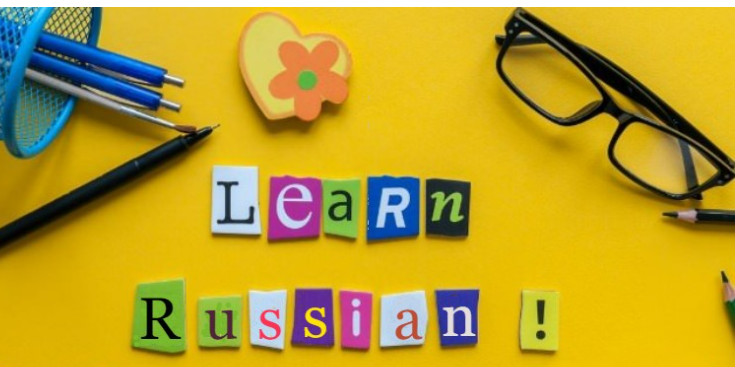A language indicates a compilation of words, with correlated rules for their usage, which a communal of those employs to interact with one another. On the contrary, a dialect represents a particular alternative of a language spoken or signed by a distinctive group, which may exhibit adaptations in vocabulary, grammar, and pronunciation compared to the standard form of the language.
On the other hand, an accent denotes a unique manner of speaking or signing a particular language or dialect, commonly shared among a specific group of individuals, often distinguished by geographical location or social status. You may enroll in any Language Course at Henry Harvin Language Academy to learn the difference between a language and a dialect.
What is a Language?
Moreover, the theory of language has its ancestry from French. It gives out a constructed and conventional means of communication using words. Sanskrit is the mother language out of around 5000 to 7000 people who speak Globally.
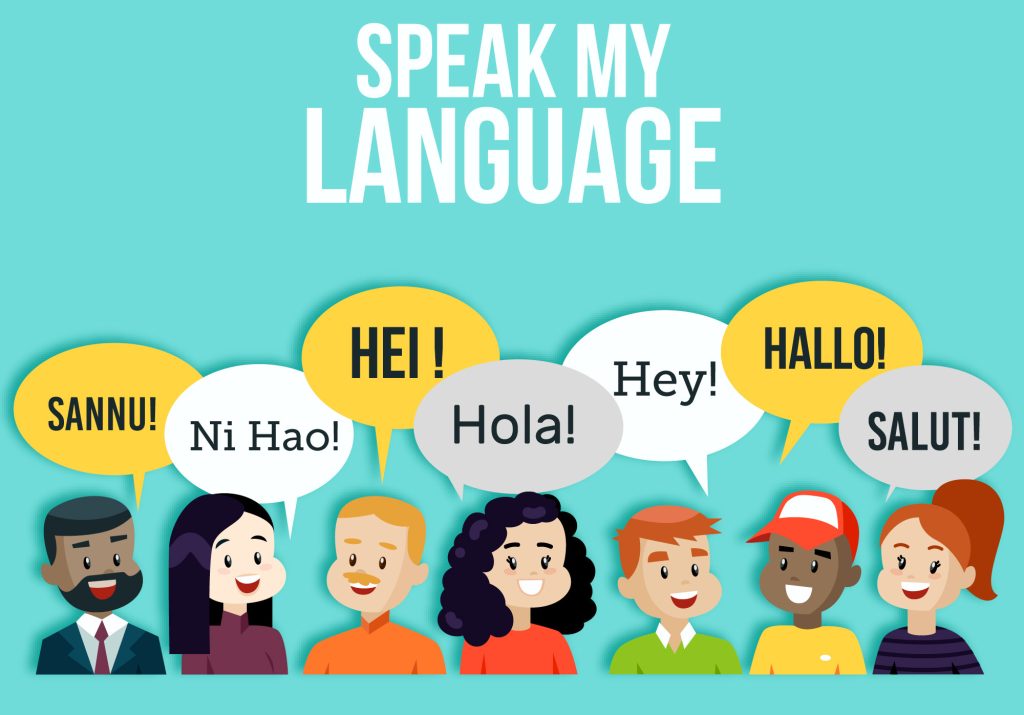
Additionally, grammatical rules control the intense system of representation and implications in a language containing spoken and written forms, with orality being the principal aspect. Moreover, the language continuously changes and always progresses. It is not stable as it is a rule-based. Launching new words and language in the sentence structure. However, some words are obsolete, or its meaning changed. The speakers of a language play a target role in these modifications. You can explore the several classifications that the language field has. This includes the composition of the sentence, phonemics, geomorphology, and semantics. There are several languages in the world, with over 7,000 living human languages documented in 2015. Worldwide the most spoken languages are English, Mandarin, French, Spanish, Arabic, Hindi, and German. However, each has its dialect. There is a lot of difference between difference between language and a dialect
Whereas Dialects are types of language that converse in specific areas or by specific groups of people. Dialects are labeled as standard or non-standard, with the other being certified and confirmed by institutions. Samples of dialects include American English, Indian English, and Australian English.
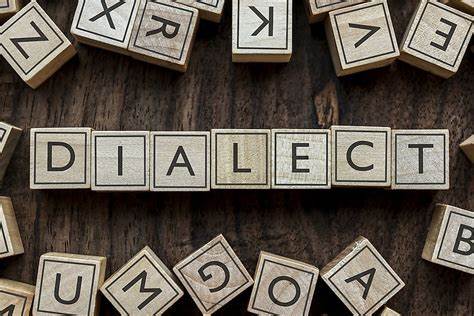
However, in the 16th Century in Ancient Greece academic persons put together the hypothesis of Dialect completes as a meaning of interaction and language expression utilized by specific groups of individuals based on considerations such as religion, political association, cultural distinctiveness, and historical urban locality, among others.
Institutes like Government bodies or organizations formally acknowledge the standard dialects. On the other hand, Non-standard dialects, are those that have not traditionally been accepted by official entities. Non-standard dialects are dialects that official entities have not traditionally accepted. Essentially, any dialect outside the standard dialect category is considered non-standard. henry Harvin provides multiple Language courses like English Language courses, French Language courses, German Language Courses, and many more. This will help to enhance your language learning skills.
However, Polyglots frequently review the characteristics between a language and a dialect, assessing it to the technical differences between a quasar and a pulsar or a rabbit and a hare. Max Weinrich, a polyglot and Yiddishism, prominently affirmed that “a language is a dialect with an army and a navy.” The idea that political and social factors, rather than purely linguistic ones, often distinguish a language from a dialect serves as this focal point.
How to Distinguish between Language & Dialect
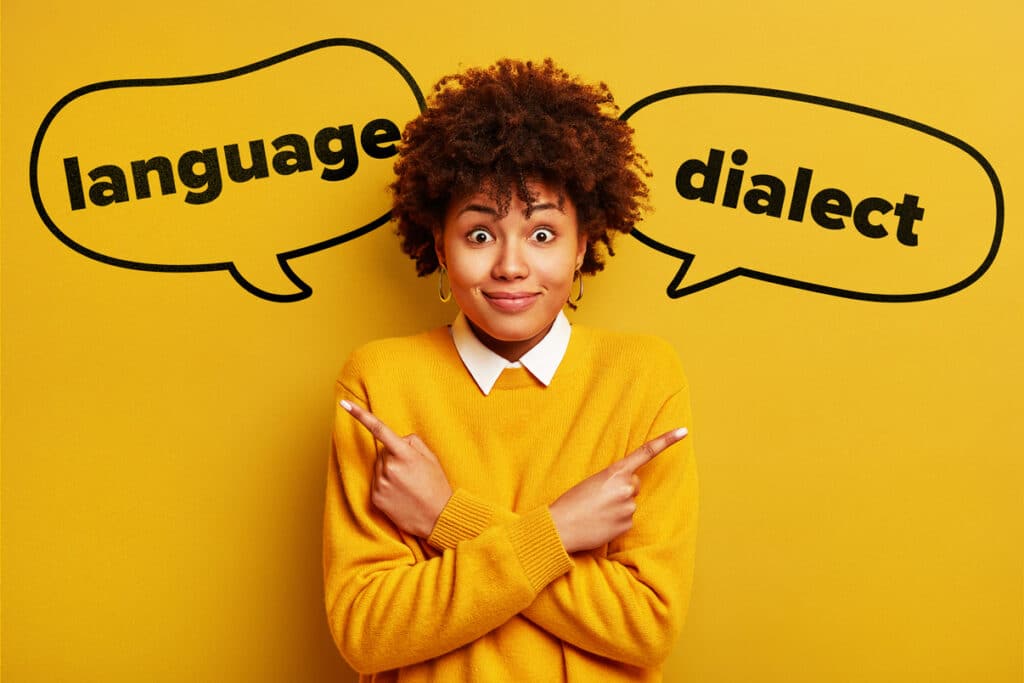
- The difference between language and a dialect extends elsewhere than an elementary saying. Philologists sustaining separate perceptions suggest they can order categorize speech categories worldwide, however, there is no clear-cut difference between the two: any effort to execute such order gives in when threatened with actual evidence.
- However, the urge to view languages as sets of dialects is widespread among English talkers. Distinctions such as Cockney, South African, New Yorkese, Black, and Yorkshire may seem reciprocally understandable, leading to the hypothesis that they are all dialects of a single language.
- On the other hand, English itself emerges as a diverse language with an apparent frontier from its closest relative, Frisian, spoken in Northern Europe, which is not clear to English speakers.
- English exhibits an exclusive situation when it approaches the difference between dialects and languages. The conventional notion of intelligibility as the determining factor is not constantly applicable to English due to its ancient customs. This experiments with the tidy dialect-language trait based solely on intelligibility.
- While some communally fathomable separate languages. Others view those inconceivable to unknowns as dialects within local convergence. Moreover, at present, Learning of different foreign languages is very essential to grab a good job Globally. However, you learn more about the difference between a language and a dialect by learning any language classes.
Difference Between a Language and a Dialect
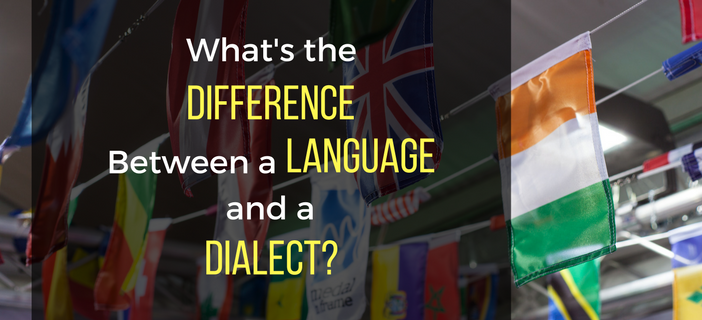
Why We Should Learn Different Languages?
However, Language incorporates a collection of words and guidelines prevailing in their use for interaction within a community. A dialect refers to a unique version of a language conversed or retained by a group, illustrated by unique terminology, grammar, and pronunciation. An accentuation refers to a unique manner of interpolation or signing a language or dialect shared by a particular group, often prompted by geographical location or rank.
Interaction through talks involves the use of language, as well as a dialect and accent, whether consciously acknowledged or not. However, This article will discuss the distinctions between languages, dialects, and accents, providing examples for clarity.
Although, acquiring different languages is like cracking a treasure chest of prospects. We may list out its importance and its great idea: Learning different languages will connect with More People. Suppose being able to converse with someone from another part of the world without any language difficulties. Acquiring new languages opens the doors to interaction with people from diverse backgrounds. When you voyage to a new location, knowing the local language can make your experience richer. You can know the culture better, find your way throughout easily, and associate with locals on a deeper level.
Place where you can Learn Different Language Courses.

Furthermore, if you need to learn more and more languages specifically famous foreign languages like Japanese, Korean, French, German, Mandarin, and many more Henry Harvin is the best place for learning. The next batch for all these language classes will begin on 3rd June 2024.
However, Henry Harvin provides experienced faculty to teach. You may choose the course as per your priority. May on weekdays or even weekend day class. They provide online classes. However, a test is to be completed at the end of the course and you should score a minimum of 50% or more to become certified. To complete the course, an Internship is an integral part of the course. However, During the Internship, the Internship manager will guide you with individual focus. Also, Henry Harvin conducts 60-minute workshops on Language Certification Classes.
In Addition, learning languages isn’t just about words; it’s an exercise for your brain! Studies show that multilingual or polyglot individuals manage to have better intellectual abilities, like problem-solving and multitasking.
Benefits of Learning Different Languages
In Addition, Learning more languages helps in getting good Job Opportunities. Many organizations give more value to multilingualism. You get an advantage in the job market, specifically in industries like tourism, international business and diplomacy by learning more and more languages. Additionally, it enhances Cultural Appreciation. When you study a new language, you learn its history, civilization, and lifestyle. Language is a window into an ethnicity’s soul. It’s like pacing into a whole new globe!
Conclusion
Always, Language describes the constructed and traditional use of words in social communication, whether it is spoken or written. On the other hand, Dialect is a definite distinction of language spoken by a distinct group of people in a specific region. Additionally, The characteristic between a language and a dialect is not altogether agreed upon, but common precision is often used as a benchmark. If speakers of two variations can identify each other, they are contemplated dialects; otherwise, they are seen as different languages. These are the comprehensives difference between language and a dialect
Hence, whether it’s for own growth or career progression, or simply the joy of exploring new prospects, learning different languages is a journey worth embarking on.



